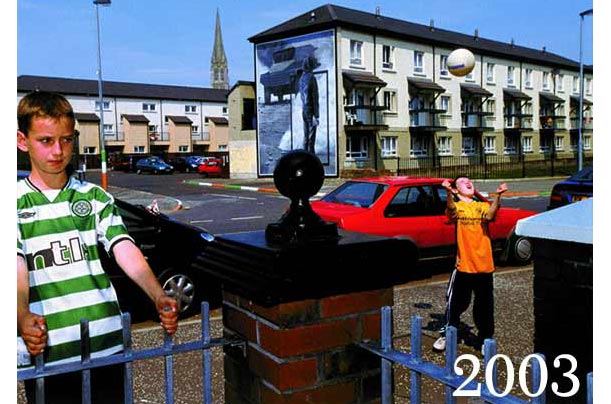
Londonderry: Today the Irish republicanism is strong, and those who lost their lives during the fight with Britain are hailed as martyrs and heroes
On Sunday Jan. 30, 1972 — a clear, crisp winter day — the unrest that divided Northern Ireland escalated into violence as Catholics became convinced that Britain was hostile to their drive for equal rights with the Protestant majority. British soldiers opened fire on civilians taking part in a banned march in Londonderry. Fourteen people were killed. Resentment over the killings swelled the ranks of the outlawed Irish Republican Army (I.R.A.) and helped kick off the worst year of bloodshed in Northern Ireland’s history. In all, 496 people died; a quarter-century would pass before the fighting ceased. Martin McGuinness, a senior Sinn Fein politician and former Education Minister in the now suspended Ulster government, was a 21-year-old I.R.A. commander who was present at the march. British agents claim he triggered the violence by attacking soldiers, an accusation he dismisses as part of a “whitewash” to cover up a deliberate crackdown on protesters. McGuinness is due to testify as part of a second, reopened inquiry into Bloody Sunday. The initial inquiry was set up by Britain immediately after the killings but was widely discredited after clearing the soldiers. The new investigation, which has already cost more than $160 million, is due to conclude next year.